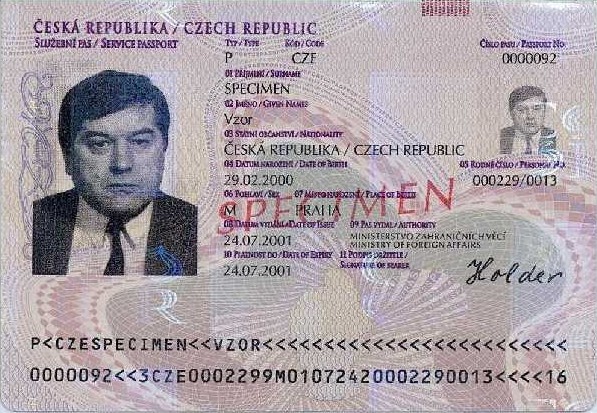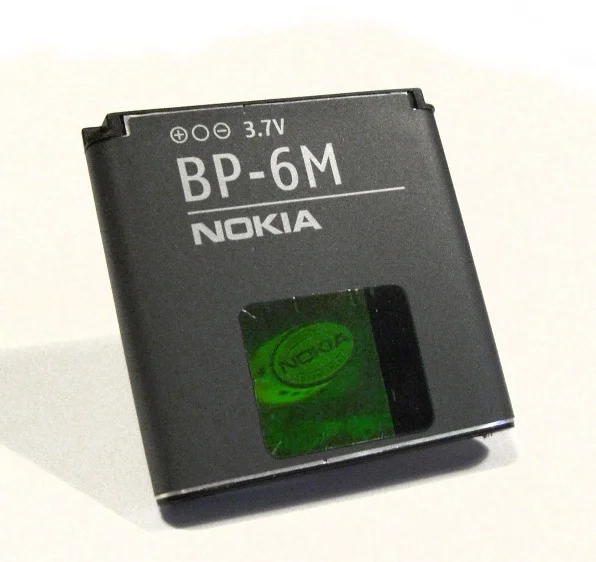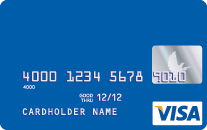all images: Wikimedia commons
trust: reliance on the integrity, strength, ability, surety, etc., of a person or thing; confidence - dictionary.com
Since people first began exchanging items of value with each other, they have looked for signs to confirm their trust in what they were exchanging:
- whether as payment for goods or services
- to prove I’m who I say I am
- to assure me that this product is genuine
All of these needs have relied on a set of technologies whose value depends on being trusted. You might also know them as authentication technologies.
Traditionally, these technologies have been utilized in physical items, like:
- currency, checks, credit cards
- passports & ID documents
- holograms & other brand authentication labeling
- serialization
And a multi-billion dollar global industry has developed over hundreds of years to supply these products.
But our reliance in, and the market for these traditional "technologies of trust " is being challenged by multiple factors, including:
- globalization of the economy and rising fraud & counterfeiting
- smartphone’s and the convergence of functions, such as payments, ID and retail to them















